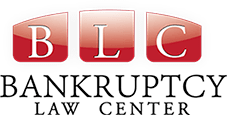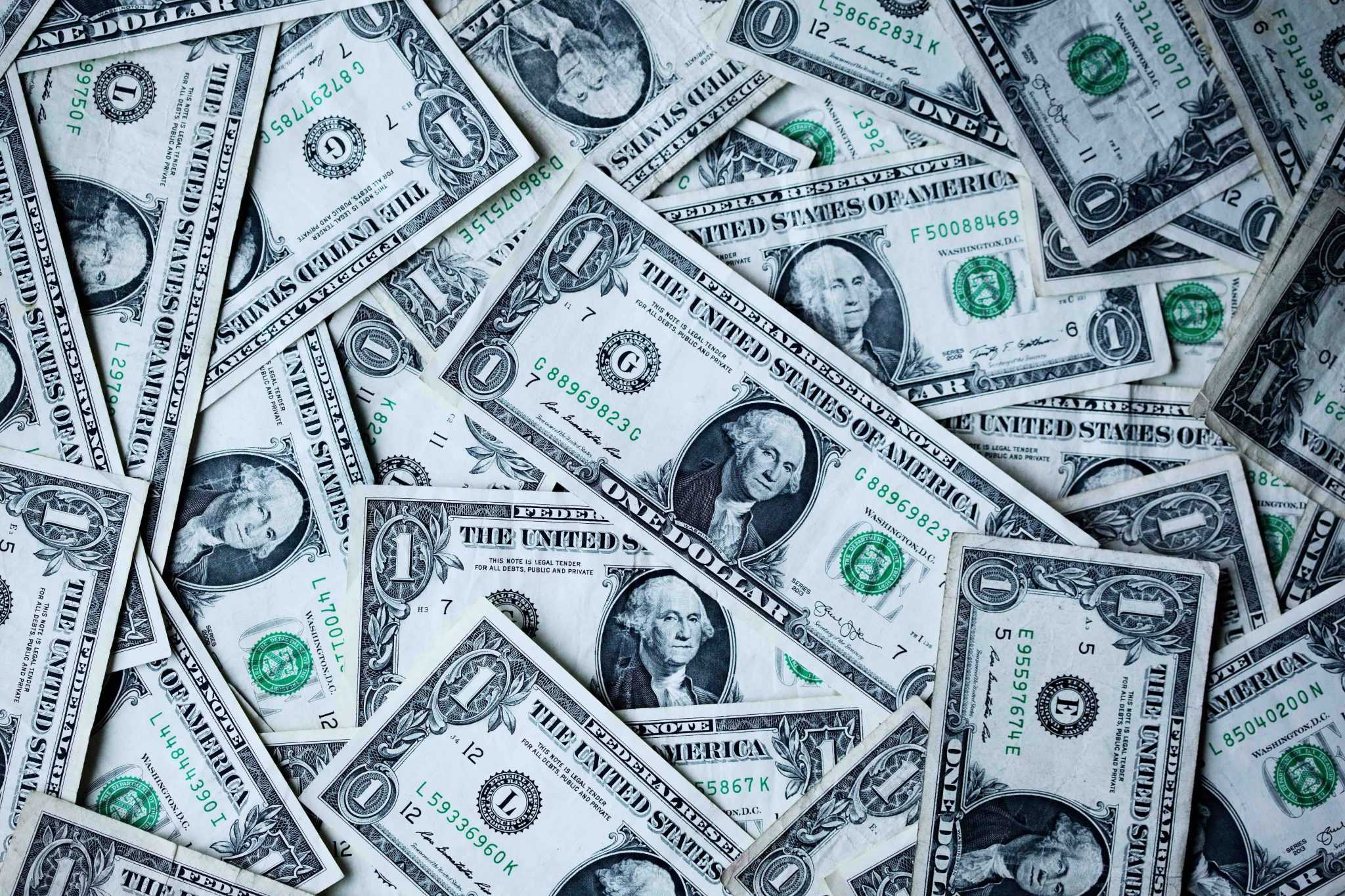If you are one of the many Americans considering filing for a Chapter 7 bankruptcy, you may be concerned about what will happen to your bank account. Many of our clients are concerned that they will go to pay a bill and the money in their bank account will be gone. It is normal to worry about what will happen to your bank account after submitting your application for Chapter 7 bankruptcy. The good news is that in many cases, nothing will happen to your bank account.
Is There a Limit to How Much Money You Can Have in Your Bank Account?
Your bank account is considered an asset that you will need to list on your bankruptcy application forms. If you have several bank accounts, such as checking and savings accounts, you will need to list each account separately. The value of each asset is based on how much money you have in your account when you file your case. The balance in your bank account will not be adjusted for pending transactions or any checks that have not been cashed yet.
There is a limit to how much money you can keep in your bank account. The limit will depend on the bankruptcy exemptions you will be claiming on your Schedule C. Still, you may be able to use an additional wild-card exemption to protect money in your bank account or even cash that you have on hand. If you are having a difficult time paying your bills and are living paycheck-to-paycheck, there is a good chance that the balance in your bank account will be exempted from being liquidated and your Chapter 7 bankruptcy.
Your Bank May Freeze Your Account
Many banks and Credit Unions will freeze their customer’s bank accounts when an individual is filing for bankruptcy. This could be the case even if you do not owe the bank any money. Being frozen out of your account without warning can be extremely stressful, but there is a simple solution. Your attorney can contact the trustee of your bankruptcy. If the funds in your account are exempt, your trusty can tell the bank to give you access to the account, even though it could take a few days.
If that does not work, you can file a motion with the court to release the funds in your account. It may be wise for you to pay your bills before you file your application for bankruptcy. Be sure that you have a minimum balance in your account by withdrawing your funds and using cash on your debt. Be sure to keep your receipts and discuss any questions you have with your lawyer.
Contact a San Diego Bankruptcy Lawyer Today
Are you considering filing for a Chapter 7 bankruptcy, but you have questions about what will happen to your bank account and other assets? If so, the Bankruptcy Law Center is here to help. We serve clients throughout the greater San Diego area and are ready to help you. Contact us today to schedule your initial consultation.





